Ah, the magic of Harry Potter: the story of a young wizard, a beloved series of seven books that, through the magic of YA literature and capitalism, turned into intellectual property that can be exploited far beyond its source material.
Enter Food Network’s Harry Potter: Wizards of Baking, a familiar reality TV competition that’s not too far from Food Networks’ Cake Wars or Netflix’s Bake Squad, in which teams of bakers create impressive, mostly edible works of art.
The difference here is that setting: The Warner Bros. Studio Tour London’s “The Making of Harry Potter” attraction, where enormous sets from the films were recreated so tourists can pay to walk through them.
 Harry Potter: Wizards of Baking judges Jozef Youssef and Carla Hall with guest Bonnie Wright, who played Ginny Weasley in the films (Photo by Food Network)
Harry Potter: Wizards of Baking judges Jozef Youssef and Carla Hall with guest Bonnie Wright, who played Ginny Weasley in the films (Photo by Food Network)Harry Potter: Wizards of Baking is only a six-episode series—with a two-hour premiere—and each episode takes place on one of those sets: Platform 9 3/4, Gringotts Wizarding Bank, Diagon Alley, The Forbidden Forest, Dumbledore’s Office, and, finally, The Great Hall.
The actual baking, though, occurs on a soundstage set with the usual ovens and stations, just with some Hogwarts-inspired decor, and a large fireplace from which the bakers emerge.
Before they travel by floo, the bakers discover their magical invitations in cute, movie-like bio packages. (These moments are hilariously stilted, yet considerably better than Big Brother players pretending to discover a giant key while a camera crew stands in front of them.)
The teams are strangers, and the narrator says they’ve been “paired for their complementary skills and their love of Harry Potter.” That love of Harry Potter is expressed in rich, in-depth explorations of fandom—oh, wait, never mind; four players are told they all arrived together because, as one Weasley twin says, “all of you love Hogwarts houses.”
The Weasley Twins—okay, the actors who played them, James and Oliver Phelps—are our hosts, and are joined by other B-level cast members from the Harry Potter film series, including Warwick Davis and Bonnie Wright. James and Oliver are affable hosts, but they’re rather under-used, disappearing for long stretches of time.
Judging the bakes are beloved icon Carla Hall and Jozef Youssef, a British chef cast perhaps because if you cross your eyes he looks like Daniel Radcliffe after a spat with a Whomping Willow.
 Food Network’s Harry Potter: Wizards of Baking is judged by Carla Hall and Jozef Youssef, and hosted by James and Oliver Phelps, and takes place on Harry Potter sets (Photo by Food Network)
Food Network’s Harry Potter: Wizards of Baking is judged by Carla Hall and Jozef Youssef, and hosted by James and Oliver Phelps, and takes place on Harry Potter sets (Photo by Food Network)Harry Potter: Wizards of Baking (Food Network, Tuesdays at 8) may be the best example of the state of reality TV right now: a show with celebrities and existing IP, filmed on existing sets the company already owns, in another country where labor is cheaper.
It’s far more successful than the disaster that was Candy Land but not as weird as last year’s Elf on the Shelf, though far more cinematic and immersive than either.
This is not a surprise considering the brand, but Harry Potter: Wizards of Baking just doesn’t take the same kinds of risks that Food Network’s own Last Bite Hotel did. Despite being on a much smaller scale, that show was a far more creative competition.
This is much safer. This is not a show that will even acknowledge the more problematic parts of the books, and certainly won’t try to reconcile its creator’s ideology with the inclusiveness of the books.
 Harry Potter: Wizards of Baking hosts James and Oliver Phelps, who played the Weasley Twins, watch one team work on their first creation (Photo by Food Network)
Harry Potter: Wizards of Baking hosts James and Oliver Phelps, who played the Weasley Twins, watch one team work on their first creation (Photo by Food Network)Harry Potter: Wizards of Baking comes from theoldschool, the production company behind Netflix’s Next in Fashion (my review of season one), The Final Table (review) and Bake Squad, plus TBS’s Harry Potter: Hogwarts Tournament of Houses.
The bakes that the pairs produce on Harry Potter: Wizards of Baking’s first episode range from sloppy to impressive, more than Great British Bake-Off showstoppers but not quite the monstrosities from Holiday Wars and its sibling shows.
Each of the first bakes must be inspired by the Harry Potter universe, of course, but also have a magical element. Some of those are quite clever, like edible glasses that also reveal a secret message written on the cake. One team produces a Whomping Willow including the flying car, surrounded by edible spiders that actually walk around.
 Warwick Davis, center, is one of the guests on Harry Potter: Wizards of Baking, hosted by James and Oliver Phelps (Photo by Food Network)
Warwick Davis, center, is one of the guests on Harry Potter: Wizards of Baking, hosted by James and Oliver Phelps (Photo by Food Network)Carla and Jozef judge alone, without James and Oliver, and the judging happens relatively quickly, almost like they had to clear out and make way for tourists.
I love Carla Hall, and she can offer precise, constructive, and charming feedback even when layered in Halloween makeup. Her comments here, though, are more broad than I’m used to.
“I want to commend you on the beautiful storytelling,” she tells one team. “There are some neatness issue. It looks a little messy.” After tasting a cake, she says, “This is a very good cake. It is light in chocolate, and then having the ganache gives you that additional chocolate.” Oof.
Jozef is not better. “It tastes delicious,” he says to one team. “The actual concept and idea behind it is brilliant.” Someone get Jozef a thesaurus, please.
Besides the locations, the most distinctive element of the premiere episode is that the teams’ arrivals are staggered. That allows us to meet the teams individually, and see them at work before others arrive.
But it also means the judging is staggered, so they decide who goes on to the next round without comparing teams. “It’s very difficult to get a ticket for this train—but you’ve got a ticket,” Carla says to one team. Are there a set number of teams going through? What if they said yes to everyone? Or no?
Curiously, the judges do not deliberate or talk to each other before—at least, they don’t do that on screen. There’s none of the discussion or banter we see on, say, Halloween Baking Championship. One of them just suddenly declares the team is going through or not.
The closest we get to criteria is Jozef declaring they’ll send through “any team that creates a showpiece that blows our minds.” Ah, blowing, got it.
“The standard is so high,” he says later. Sure, it makes sense for a team to go home for under-baking a cake, or creating a dessert that is unbalanced, but the judging from team to team doesn’t seem like there’s a consistent standard.
Since we’re in the Wizarding World of Harry Potter, why not extract some criteria from the films? That could be as broad as creativity and storytelling (never mind, not story!), or as specific as having it actually relate to the set that it’s presented on.
That may come later, but in the first two hours—with just five to go—Platform 9¾ and the Hogwarts Express are used as mere backdrops. With their disappearance from the judging and baking, the Phelps brothers feel that way too.
The Wizarding World provides not inspiration nor reason why any of this is happening, despite Harry Potter’s name being front and center in the title.
Having all this rich detail and the artistry of the film’s craftspeople to draw from and not bothering to use it? That’s like putting a cake in a cardboard box and hoping it’ll magically bake, and there isn’t enough television magic to make that work.
Harry Potter: Wizards of Baking
So far, a rather ordinary baking show elevated only because it’s immersed inside sets created for tourists C+
What works for me:
- The creativity of some of the contestants’ bakes
- The integration of Harry Potter themes into bio packages and arrivals
- James and Oliver Phelps, when they’re around
What could be better:
- Showing us the judging criteria and deliberation
- Using more of Harry Potter
- Reassuring us that watching this won’t make Joanne richer
-
Andy Dehnart is a writer and TV critic who created reality blurred in 2000. His writing and reporting here has won an Excellence in Journalism award from NLGJA: The Association of LGBTQ+ Journalists and an L.A. Press Club National A&E Journalism Award.
recent articles
view all stories


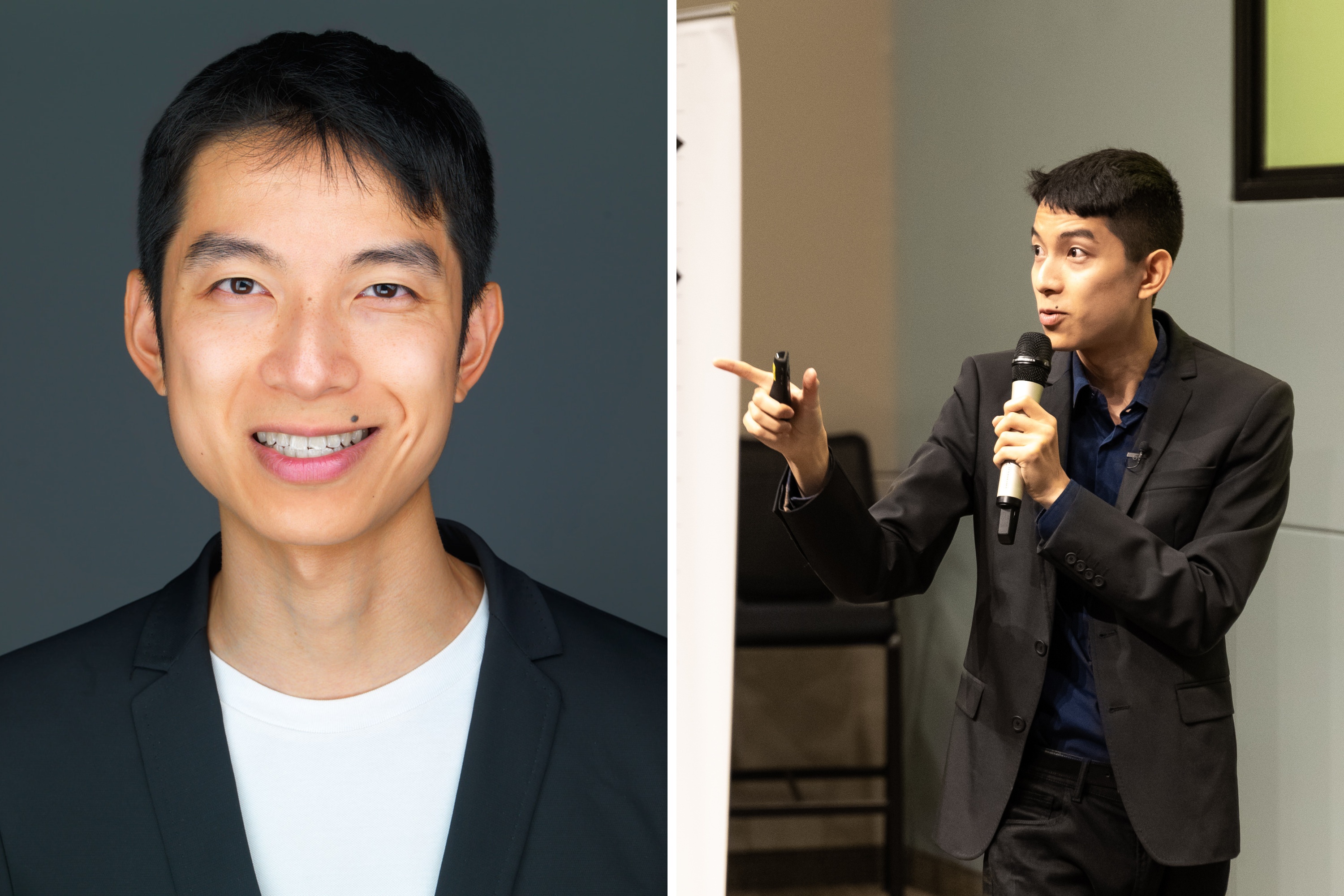



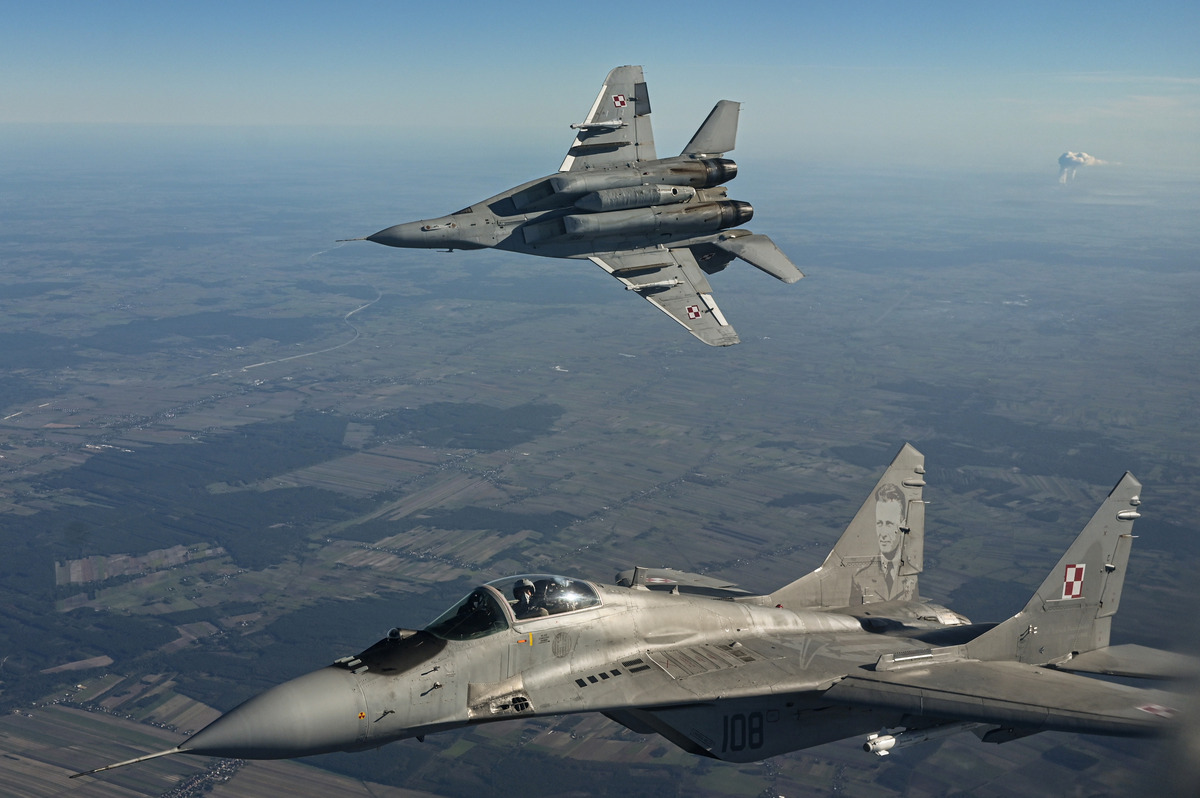

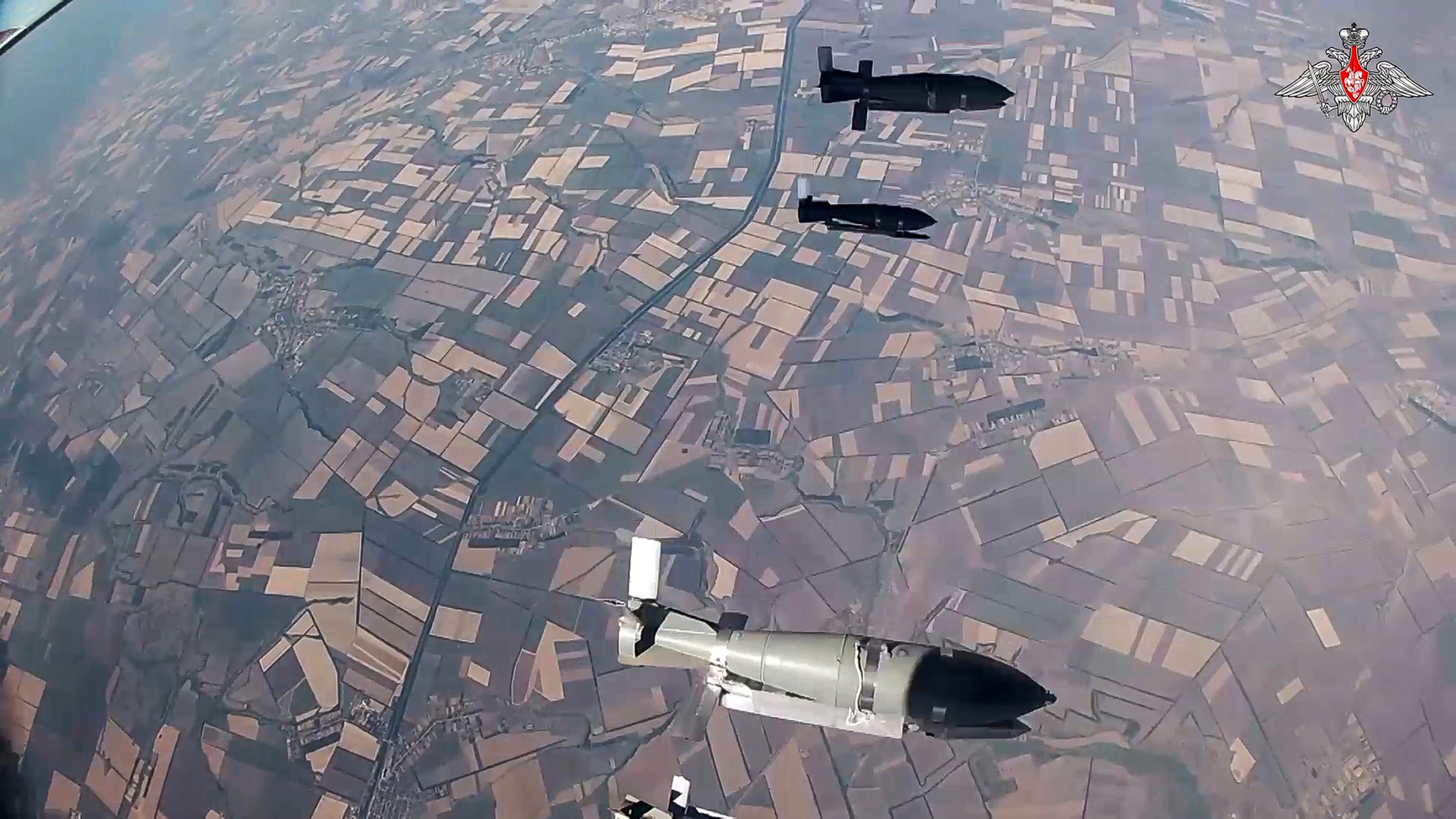

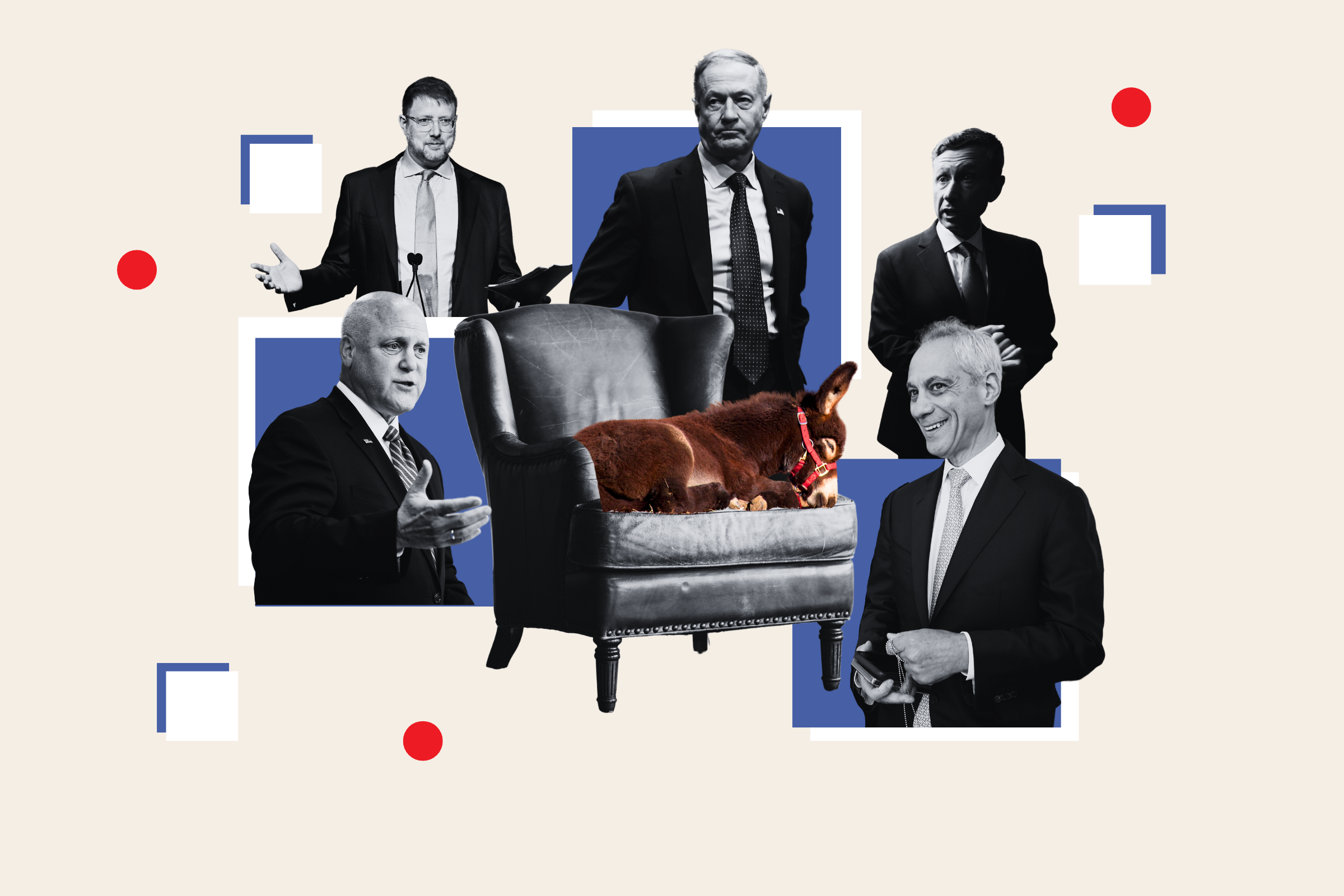
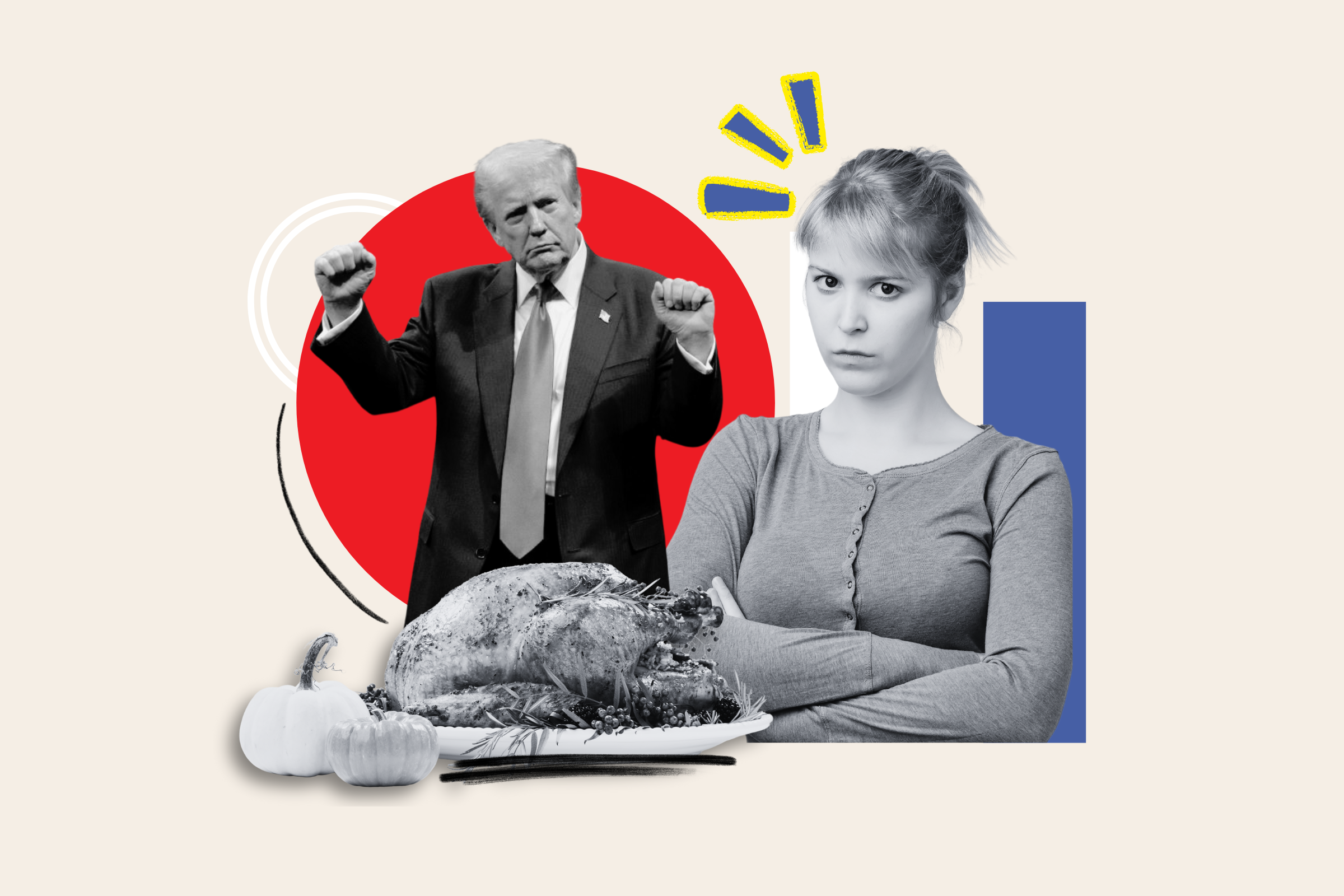
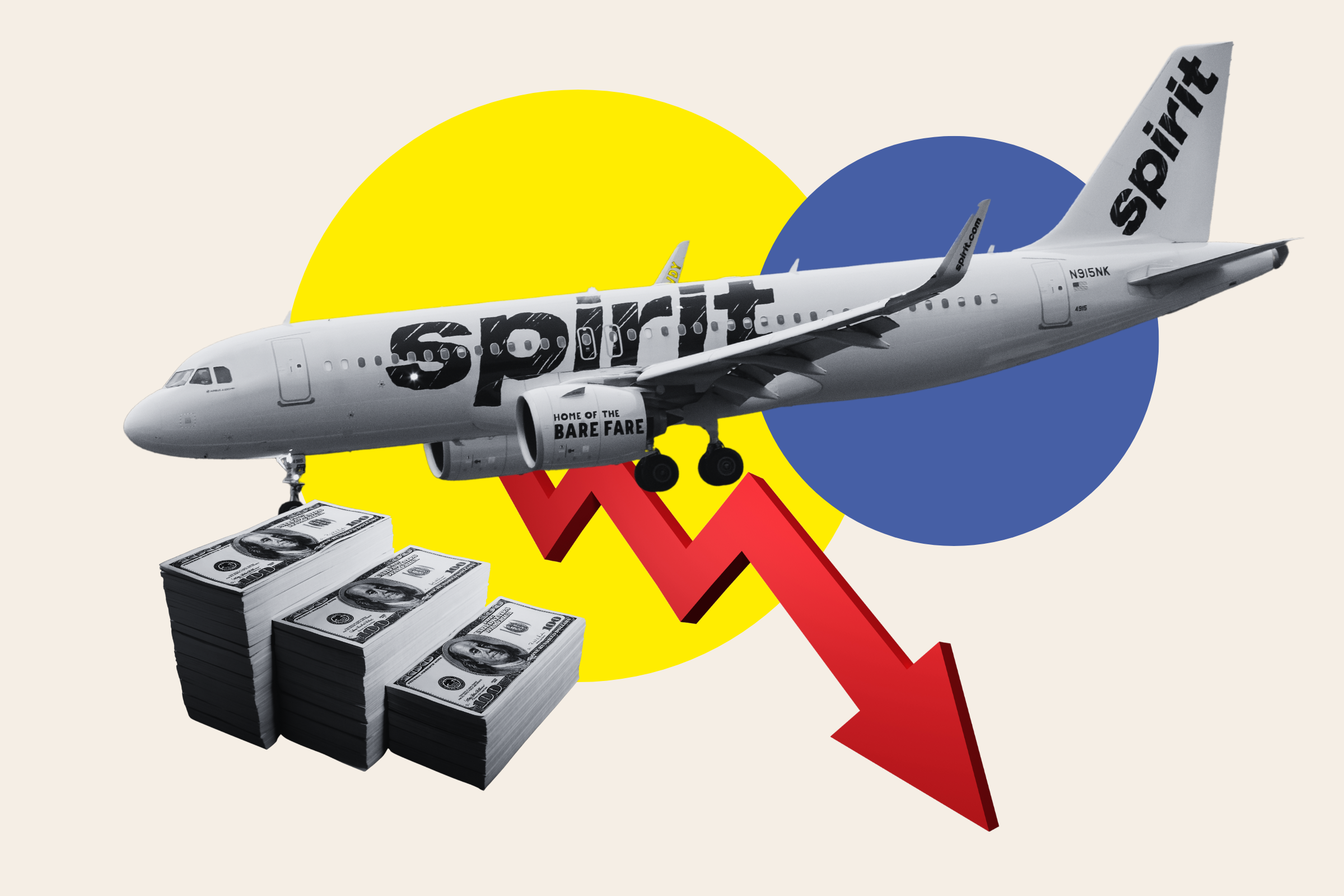


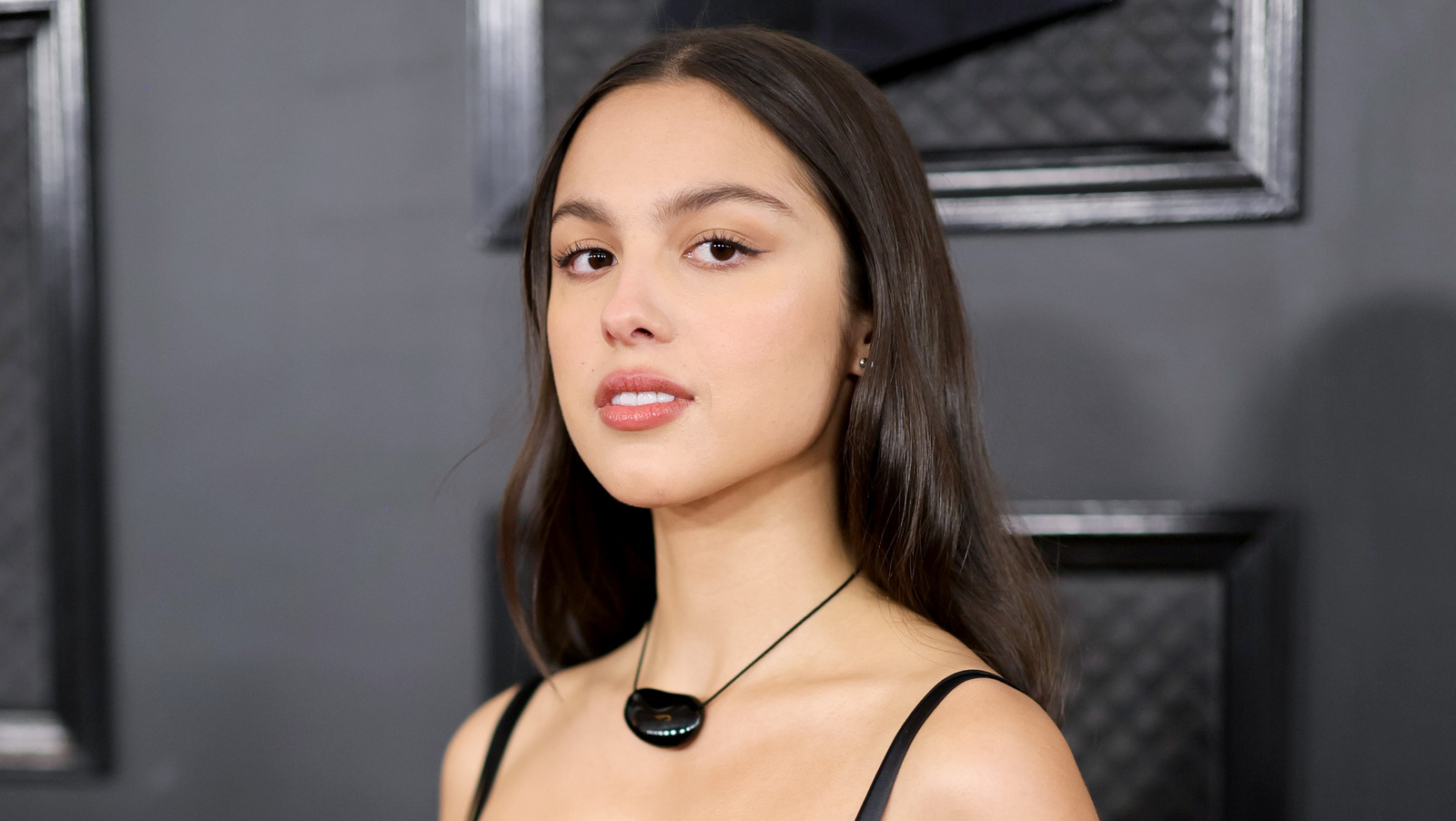

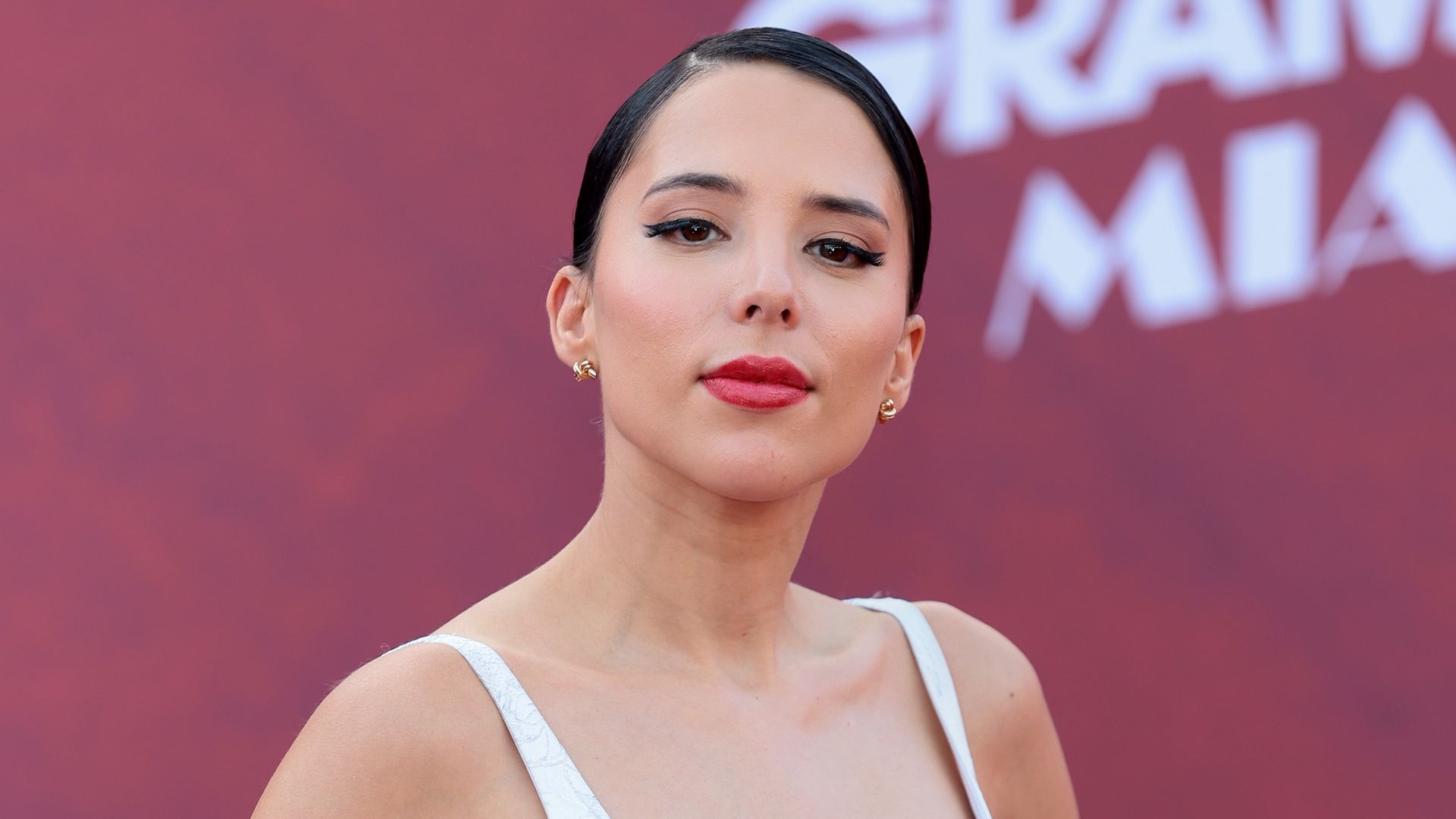)



 English (US) ·
English (US) ·